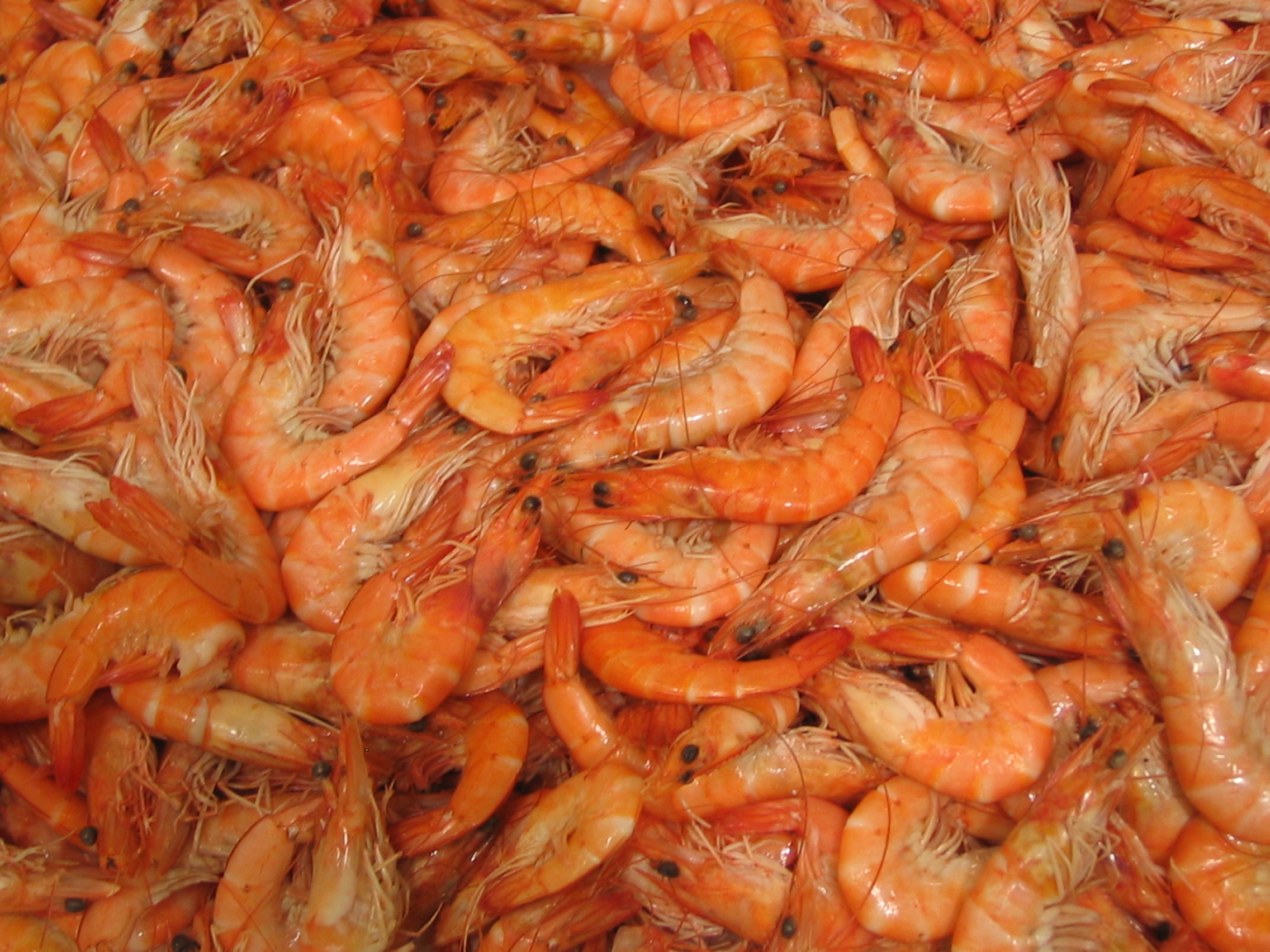|
|
Tuesday, April 28th, 2009
The latest from Onion TV:
posted evening of April 28th, 2009: Respond
|  |
|
And with springtime come the obligatory garden pictures. Everything is green and colorful and pleasant. (Miriam came over on Sunday and we cooked hot dogs and eggplant on the barbecue, and drank too much of Connie's margueritas.)

posted morning of April 28th, 2009: Respond
➳ More posts about the Family Album
|  |
Monday, April 27th, 2009
(Searching for an image to illustrate this post with; but all the stills from Viridiana that are out there on the web seem to be of the title character, or of the Last Supper scene... Aha! found a picture of Don Jaime.) I met up with Christine this evening to watch Viridiana at the Film Forum; it was really nice to see it again after a couple of years, and yet I find much of what I was thinking about it was in regards to its shortcomings as a story -- this is probably symptomatic of a rebound from being madly in love with it and unable to admit any problems with it... I met up with Christine this evening to watch Viridiana at the Film Forum; it was really nice to see it again after a couple of years, and yet I find much of what I was thinking about it was in regards to its shortcomings as a story -- this is probably symptomatic of a rebound from being madly in love with it and unable to admit any problems with it... Anyway, I don't really want to write about the shortcomings just now besides to say that the visually brilliant second half of the movie did not seem to me very interesting on a human level, and that the ending was wretched; what I wanted to talk about was how strongly I identified with Don Jaime, and how disconcerting that was. For me the moment that really makes this movie worth it is the moment when Don Jaime suddenly realizes that he has gone too far, overstepped the limits of Viridiana's patience and that she is never going to think of him as a human being any more -- his pathetic pleading with her is all-too real.
posted evening of April 27th, 2009: Respond
➳ More posts about Viridiana
|  |
Sunday, April 26th, 2009
I've been enjoying the stories in Zoetrope: All-Story's Latin American fiction issue. Reading them very slowly, moving back and forth between the Spanish and the translation; this is definitely helping get them anchored in my thoughts... Ronaldo Menéndez' story "Insular Menu", about Cubans trying to get by during a period of rationed food, makes me hungry! The story is funny and colorful, the narrator's neighbors raising pigs and crocodiles in their apartments, the zoo director fattening and slaughtering the ostrich, the neighborhood kids fishing from the rooftop for cats; it closes with a dazzling description of the Cuban cuisine that the narrator is missing. The entire long paragraph is well worth your while, I'm just going to quote a bit of it: it closes with a dazzling description of the Cuban cuisine that the narrator is missing. The entire long paragraph is well worth your while, I'm just going to quote a bit of it:
I saw the populous sea that surrounds the islands, and in the sea saw nets and in the nets saw multitudes of shrimp and prawns, saw them populating long familial tables below smiling faces, saw dishes of avocados in slivers and slivers, making a green zebra out of the ceramic, saw oxtail gleaming under chili cream sauce, saw squid and octopi drowning in their ink, saw plantains, mameys, star apples, sapotes, sweetsop, chirimoyas, mangos, saw extra-large lobsters letting their fragrance touch all noses equally...
This is a passage where rhythm is really key. Take a look at the original:
Vi el populoso mar que rodea la isla, y del mar vi redes y de las redes vi muchedumbres de camarones y langostinos, los vi poblando largas mesas familiares bajo rostros risueños, vi fuentes de aguacates en lascas y lascas y lascas, haciendo de la cerámica una cebra verde, vi rabo de toro encendido bajo crema de ajÃ, vi pulpos y calamares ahogados en su tinta, vi plátanos, mameyes, caimitos, zapotes, anones, chirimoyas y mangos, vi langostas de talla extra larga dejando que su olor tocara por igual todas las narices,...
...What to say? I like the English passage, and there does not seem to be any mistranslation (though "in slivers and slivers" is not great), but it does not hold a candle to the Spanish.
 Update: Jim Tucker posts his own attempt at an English translation in comments, and does it very well indeed.
posted morning of April 26th, 2009: 4 responses
➳ More posts about Zoetrope: All-Story
|  |
|
Here is a melody that I've been working on a bit yesterday and today. I'm not sure what kind of a song it is -- at first I thought I might be playing a minuet, and perhaps it is that -- some kind of simple dance. 
While recording this, I finally got my procedure together for setting up and breaking down my recording equipment. Not quite satisfied with the performance, whatever -- this is a work in progress...
 Update: a refinement -- I've changed the B part substantially. have not recorded this yet:

posted morning of April 26th, 2009: Respond
➳ More posts about Fiddling
|  |
Saturday, April 25th, 2009
Martha posts an image of a new painting at her Flickr account today, Loki's House. She explains: Loki was hiding out after the death of Baldur in a house open to all four directions, so he could see if the gods were coming after him. He was making a fishnet when they arrived. He threw the net in the fire and hid in the stream as a fish. But the net didn't burn fast enough.

A longer version of the story is here.Update: Today is a good day for FB friends posting new artwork. Below the fold, a beautiful illustration of James Trotter and various bugs floating on a giant peach, by Jed Alexander.
posted evening of April 25th, 2009: Respond
➳ More posts about Pretty Pictures
|  |
|
I've been having mixed feelings about Book V of LOTR -- I mean the whole trilogy has been fairly warlike, with men who thrive in battle and women who are mostly absent; but the sadistic, drawn-out glamour of the battle for Minas Tirith is freaking me out a bit. Also the timeline of the Riders of Rohan arriving at Minas Tirith and Aragorn arriving leading an army of the dead. (And why no mention is made of their being dead, after he initially hooks up with them in Dunharrow.*) OTOH some of the imagery is just breathtaking, and I like how some of the characters are drawn. Legolas and Gimli are growing on me in a way they have not thus far. Take a look at this passage in Chapter 9, after the two have told Imrahil he is needed at Aragorn's tent:
"That is a fair lord and a great captain of men," said Legolas. "If Gondor has such men still in these days of fading, great must have been its glory in the days of its rising.""And doubtless the good stone-work was wrought in the first building," said Gimli. "It is ever so with the things that Men begin: there is a frost in Spring, or a blight in Summer, and they fail of their promise."
"Yet seldom do they fail of their seed," said Legolas. "And that will lie in the dust and rot to spring up again in times and places unlooked-for. The deeds of Men will outlast us, Gimli." "And yet come to naught in the end but might-have-beens, I guess," said the Dwarf. "To that the Elves do not know the answer," said Legolas.
 * Ah ok, not too many pages later it becomes clear that Aragorn was no longer leading an army of the dead, when he arrived at Minas Tirith. This makes the course of events make much more sense.
posted afternoon of April 25th, 2009: Respond
➳ More posts about The Lord of the Rings
|  |
|
John Holbo's recent posts about "The Squid and the Owl" have been making me think about composition, and specifically about writing in meter. I don't seem to want to write metered poetry right now, but I think it is going to be useful to keep in mind the meter of my sentences as I write prose. Here is a fragment I came up with this morning:
The murky, sticky sediment of thought has not begun to calcify -- not yet, and I believe it can't while I still live. Fossilization takes millions of lifetimes, my Editor is scribbling, is why an archæology metaphor for investigation of your own consciousness cannot work -- and god forbid you should be so presumptuous as to picture actual future archivists tunneling down through your crystalline neural pathways! -- Don't take everything so damn literal I plead, and don't throw my rhythm out like that. Each discarded thought -- each day thousands -- some small rodent's skull, some hunter's artefact, some chitinous exoskeleton cast off and sunk into that dark, pre-conscious stew. As ages of decay and settling pass, this marsh is buried and will turn to rock, and I will no longer have anything to say. -- My current thoughts will crumble and be destroyed utterly (the Editor asserts). Future self, it's on you to dig into these layers of silt and to find these bones and graven images, if there is to be any evidence of me -- so it's on me to dig up and exhume young Jeremy, to see if any of him is worth preserving.
posted morning of April 25th, 2009: Respond
➳ More posts about Poetry
|  |
Friday, April 24th, 2009
Neat-o, I found a new tool for testing stuff out! It is called netcat and it is essentially what I've always wished telnet would be. You can basically open up a socket and listen as the server or attach as a client, and see all the traffic from the other party, and type in the traffic from your side. Be sure to read the (brief) man page as the tutorial pages I've found on the web this morning all omit important information and leave you scratching your head as to what is going wrong. The two things (at first glance) that nc has over telnet: primary point is that you can listen on a port, and thus emulate a server; telnet does not do this at all. Secondary advantage, the whole thing is much cleaner and simpler, and easier to run as a batch job; you don't have to learn escape characters or anything like that. Drawback is that error reporting is pretty minimal; but I can live with that.
posted morning of April 24th, 2009: Respond
➳ More posts about Programming
|  |
Thursday, April 23rd, 2009
I am having a lot of fun with listening to Sylvia coming up with ways that Bilbo and the dwarves could get out of their scrapes -- if they tell Smaug there are fifteen gallons of gold in Hobbiton, then he will fly there and they will be able to get his treasure away (and the hobbits of the Shire will be safe because Smaug "can't smell hobbits"); or Bilbo could loan the ring to Thorin and Thorin would creep down into Smaug's lair and say something that caused the dragon to freak out and run around in circles, until he bumped his head and was out of commission... She's particularly interested in the ring, coming up with ways it could be used to make the entire party invisible. If it's big enough, two of them could put their pinkies together and squeeze it on. (I have myself been wondering how the ring comes to be the right size for Bilbo's halfling fingers.) Bilbo could go to each of their cells in the elf-king's dungeon as the door was being opened to give them food, and toss them the ring, and they could slip out in a flash. She asked a question tonight that plagues me every time Bilbo or Frodo puts on the ring: do the objects he is holding also turn invisible? I don't see any very consistent approach to this question in the texts -- obviously the ring-wearer's clothing becomes invisible, and any paraphernalia in his pocketses; but at one point there was a reference to Frodo swordfighting while wearing the ring, and the sword was said to be visible*. I am not sure what the rule is, or if it's just a matter of the needs of the story-teller at each particular juncture.
 * (And if I'm remembering right, the sword became invisible once more when he slipped it into its sheath -- how does this make sense?)
posted evening of April 23rd, 2009: 2 responses
➳ More posts about The Hobbit
| Previous posts
Archives  | |
|
Drop me a line! or, sign my Guestbook.
•
Check out Ellen's writing at Patch.com.
| |








 I met up with Christine this evening to watch Viridiana at the Film Forum; it was really nice to see it again after a couple of years, and yet I find much of what I was thinking about it was in regards to its shortcomings as a story -- this is probably symptomatic of a rebound from being madly in love with it and unable to admit any problems with it...
I met up with Christine this evening to watch Viridiana at the Film Forum; it was really nice to see it again after a couple of years, and yet I find much of what I was thinking about it was in regards to its shortcomings as a story -- this is probably symptomatic of a rebound from being madly in love with it and unable to admit any problems with it...









 Beautiful:
Beautiful: 
